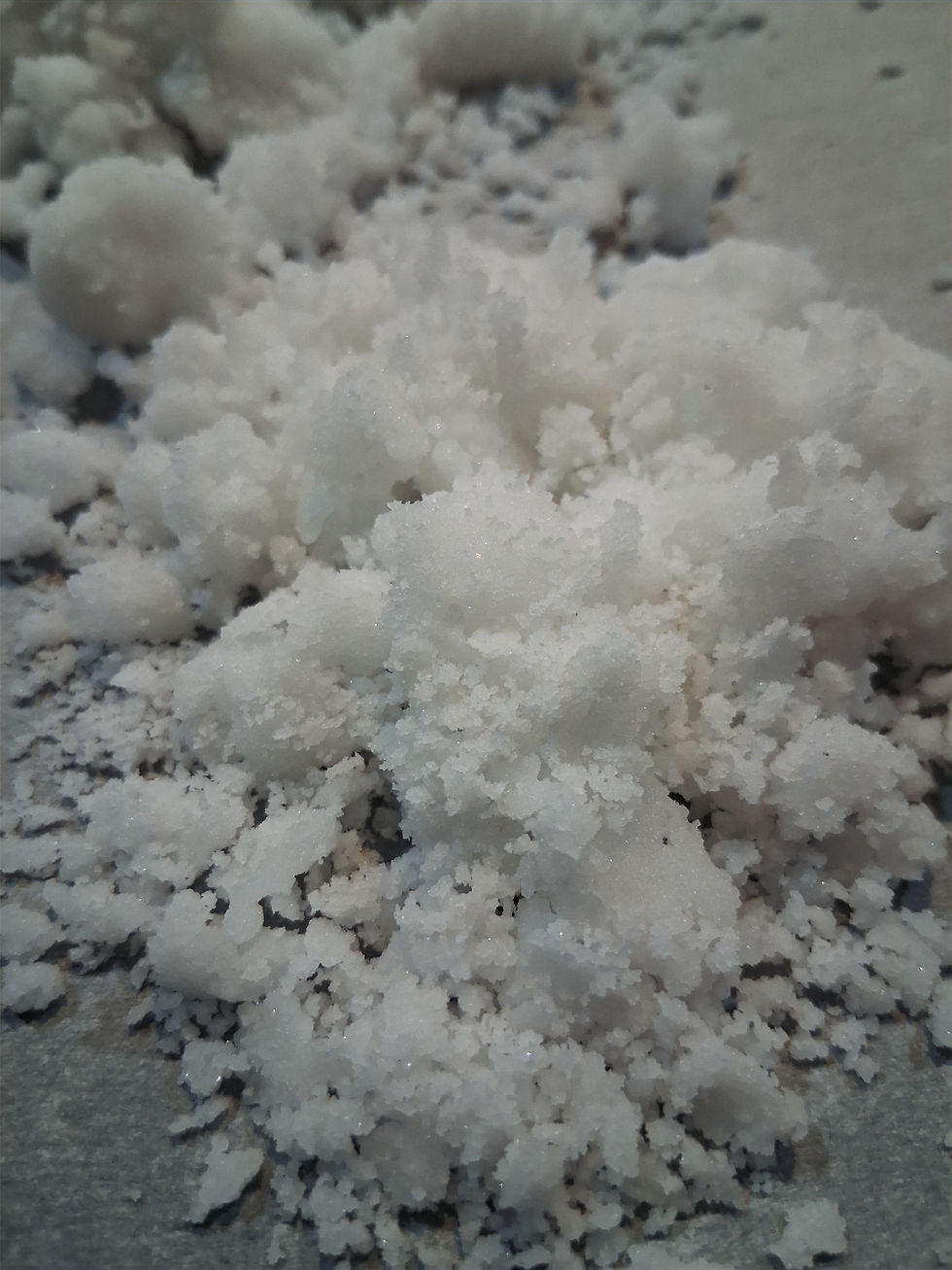Pickle Facts For Kids
- jessicazornes
- Apr 29, 2024
- 2 min read
Get To Know Pickles!
There's A Great "Dill" Of Learning
In Those Jars!
I could already tell that by choosing pickles for one of our homeschool studies, that we were going to grow quality learning. What I didn't yet know at the time, was just how many learning concepts the seemingly simple pickle was going to have us crunching into.
SO MANY!
From dissecting a cucumber, to the pickling process, to enzymes and probiotics- we were uncovering learning at every turn of the pickle jar lid, and that is just in the subject of science! Math, language, history, and nutrition concepts were being pulled from the jar with ease. We loved it!
If you are in a pickle as to which topic to explore next, I would highly encourage you and your learners to adventure into pickles. Here are some quick facts to get your mind soaking in the brine!
Get the complete Pickle Lesson Plan, packed full of activities, games, paired worksheets, and more!
Pickles Happen In The Brine
Without soaking in brine, pickles would still be cucumbers. It's the process of chilling in the brine that produces a pickle. Brine recipes may vary, but an essential ingredient is vinegar. The vinegar acts as a preservative, extending shelf life of perishable foods by killing bacteria. While the vinegar provides for safe-to-eat pickles, it also changes the flavor, making it that great taste we've come to love.
Pickles Are Healthy
Why do pickles make a healthy snack? For starters, fermented pickles are rich in probiotics, which are beneficial bacteria for the gut. These "good" bacteria help to process food more effectively in your stomach, and help to keep a healthy balance of bacteria within it.
Additionally, pickles are rich in vitamin K, a necessity for blood clotting and building bones.
Even more, pickles strengthen your immune system, lower blood sugar, and with them being packed with antioxidants, also reduce cell damage.
Pickles Aren't Always "Pickles"
While called pickles in the U.S. and Canada, they go by another name in other parts of the world. In Britain, Ireland, South Africa, Australia, and New Zealand, the name for pickle is gherkin. Even though pickles are technically any food that has been soaked in brine, America has specifically deemed pickled cucumbers as "pickles". But there are quite an array of vegetables and foods that have been pickled; carrots, eggs, beets, okra, corn, apples... the pickling list is lengthy.
Pickles Have A Long History
Pickles go way back on the timeline! Dating back as far as 2030 B.C., cucumbers from their native India were pickled in the Tigris Valley. Pickling with vinegar likely began back in ancient Mesopotamia, and continued to develop in the Middle East. The word "pickle" originated in Dutch as "pekel", or Northern German "pokel", which means salt or brine.








Comments